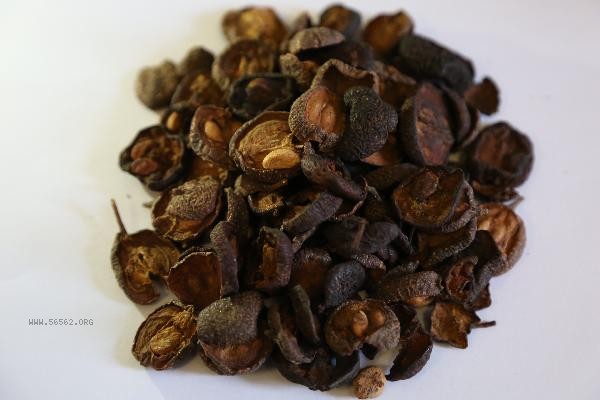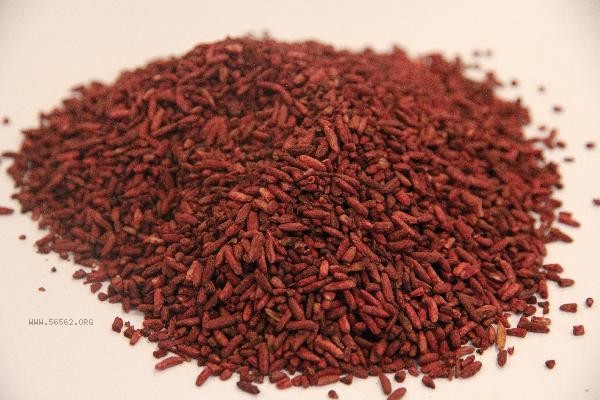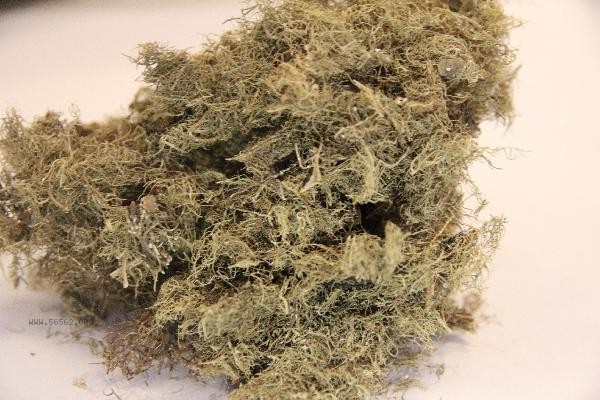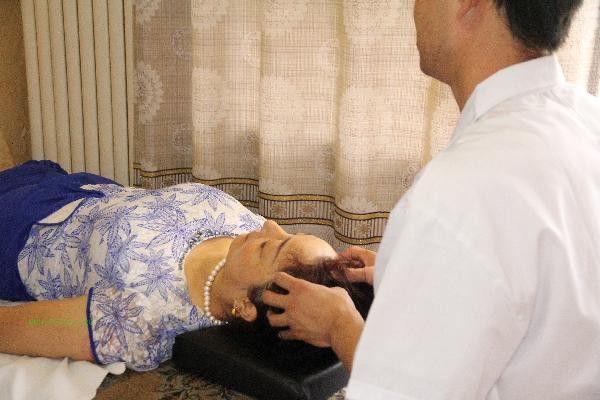The traditional Chinese medicine syndrome differentiation of epigastric pain mainly includes cold pathogenic guest stomach syndrome, dietary injury stomach syndrome, liver qi invading stomach syndrome, spleen and stomach damp heat syndrome, spleen and stomach deficiency cold syndrome, stomach yin deficiency syndrome, and blood stasis stopping stomach syndrome.

1. Cold pathogenic guest stomach syndrome
Cold pathogenic guest stomach syndrome is often caused by external cold pathogenic factors or overeating of raw cold, resulting in cold pain in the epigastric region. When exposed to cold, it worsens and the pain decreases due to warming, often accompanied by symptoms such as vomiting water and hypothermia in the limbs. The treatment is mainly to warm the middle and dissipate the cold. traditional Chinese patent medicines and simple preparations such as Liangfu Pill and Fuzi Lizhong Pill can be used together with moxibustion at Zhongwan, Zusanli and other acupoints. Daily attention should be paid to keeping the abdomen warm and avoiding raw and cold foods.
2. Dietary Injury to the Stomach Syndrome
Dietary injury to the stomach syndrome is caused by overeating or consuming spoiled food, characterized by bloating and pain in the epigastric region, belching and swallowing of acid, and vomiting of undigested food. The treatment is suitable for reducing food stagnation, and commonly used drugs such as Baohe Wan and Zhishi Daozhi Wan can be combined with medicinal and edible ingredients such as hawthorn and Shenqu. During the onset of the disease, it is necessary to temporarily fast and gradually return to a light liquid diet after relief.
3. Liver Qi Invasion of the Stomach Syndrome
Liver Qi Invasion of the Stomach Syndrome is related to emotional disorders, with symptoms including bloating and pain in the epigastric region that extends to both sides, frequent belching, and worsening emotional fluctuations. Treatment requires soothing the liver and stomach, commonly using formulas such as Chaihu Shugan San and Xiaoyao Wan, combined with pressing the Taichong acupoint to relieve liver depression. Patients should maintain emotional stability and avoid excessive anxiety and anger.
4. Spleen stomach damp heat syndrome
Spleen stomach damp heat syndrome is caused by the accumulation of damp heat in the middle burner, manifested as burning pain in the epigastric region, bitter and sticky mouth, sticky stool, and yellow and greasy tongue coating. Treatment requires clearing heat and dispelling dampness. Formulas such as San Ren Tang and Huang Lian Wen Dan Tang can be used. Spicy and greasy food should be avoided, and dampness promoting ingredients such as Job's tears and red beans should be consumed appropriately.

5. Spleen and stomach deficiency cold syndrome
Spleen and stomach deficiency cold syndrome is more common in people with weak constitution, with symptoms such as dull pain in the epigastric region, liking warmth and pressure, loss of appetite, and limb weakness. Treatment requires warming and tonifying the spleen and stomach. Huangqi Jianzhong Decoction, Lizhong Pills, etc. are commonly used. Long term use of ginger, brown sugar, and water temperature can nourish the spleen and stomach. Regular diet is necessary in daily life to avoid overexertion.
6. Stomach Yin Deficiency Syndrome
Stomach Yin Deficiency Syndrome is characterized by dull burning pain in the epigastric region, dry mouth and tongue, dry stool, and red tongue with little saliva. Treatment requires nourishing the stomach yin, commonly using formulas such as Yi Wei Tang and Sha Shen Mai Dong Tang. Dietary therapy can use yin nourishing ingredients such as Tremella fuciformis, Lily, and Dendrobium officinale. Avoid spicy and hot foods and maintain sufficient sleep.
7. Stagnation of Blood and Stomach Syndrome
Stagnation of Blood and Stomach Syndrome often results in stomach pain such as needle puncture, refusal to press on the painful area, or a history of vomiting blood and black stool. Treatment requires promoting blood circulation and removing blood stasis. Commonly used formulas include Xiaoxiao San and Danshen Yin. In severe cases, it should be taken in combination with Sanqi powder. Patients of this type need to closely monitor their bleeding situation and seek medical attention promptly to investigate organic lesions. Patients with epigastric pain should be treated based on specific syndrome differentiation, and their diet should be warm, soft, and easily digestible, avoiding raw, cold, spicy, and irritating foods. It is recommended to eat regularly, chew slowly, and take a walk after meals to promote digestion. If the pain persists or symptoms such as vomiting blood, black stool, and weight loss occur, timely medical attention should be sought to complete gastroscopy examination and rule out organic diseases such as digestive ulcers and tumors. You can practice soothing exercises such as Eight Section Brocade and Tai Chi to harmonize qi and blood.








Comments (0)
Leave a Comment
No comments yet
Be the first to share your thoughts!